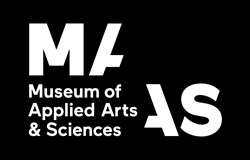When: Tuesday 13th November, 2:00pm – 3:30pm
Where: Theatre, Level 2 down the stairs to the right of the registration/foyer area
Hashtag: #T8
Science communication has been predicated on the deficit model —top-down, one-way communication from scientists to public audiences seen as “… empty vessels – as minds in deficit that need scientific information in order to be replete” [1]. This model has been discredited for 30 years, with research showing that more scientific information does not lead to the desired objectives of increased scientific literacy or public acceptance or agreement with science [2, 3]. And so a new mood for dialogue was identified in the U.K. House of Lords 2000 report [4], which consequently led to the UK’s Committee on the Public Understanding of Science (COPUS) closing itself down stating: “We have reached the conclusion that the top-down approach which COPUS currently exemplifies is no longer appropriate to the wider agenda that the science communication community is now addressing” [5].
Despite the above, our research suggests that the deficit model not only persists in Australia — it prevails. This study examines the science communication landscape in Australia, specifically during National Science Week in August 2018. Approximately 1300 activity organisers across Australia were asked to complete a short online activity profile survey. Based on the Generic Learning Outcomes (GLO) framework [6] and the CAISE Informal Science Education project framework [7], the survey contained questions about individual activity objectives, style and format. A total of 305 individual activity profiles were collected and categorised using the CAISE project framework.
The results show that across Australia, 71% of National Science Week activities classified as deficit model, while only 3% classified as dialogue or engagement model. This result is higher than the almost 60% of 411 activities categorised as deficit model in the Inspiring Australia audit in 2012 [8]. Based on the research discrediting this model, we argue that the prevalence of the deficit model in Australia may be impacting the effectiveness of science communication efforts in achieving desired objectives.
References
1. Gregory, J. and S. Miller, Science in public: Communication, culture and credibility. 1998, New York: Plenum.
2. Durant, J.R., G.A. Evans, and G.P. Thomas, The public understanding of science. Nature, 1989. 340(6228): p. 11-14.
3. Thomas, G. and J. Durant, Why should we promote the public understanding of science. Scientific literacy papers, 1987. 1: p. 1-14.
4. House of Lords, Science and Society. 2000, House of Lords: London.
5. Copus, Statement on Copus by the British Assiciation, the Royal Institution and the Royal Society. 2002, The Royal Society: London.
6. Hooper-Greenhill, E., et al., Measuring the Outcomes and Impact of Learning in Museums, archives and Libraries. 2003, University of Leicester: Research centre for Museum and Galleries.
7. McCallie, E., et al., Many Experts, Many Audiences: Public Engagement with Science and Informal Science Education. A CAISE Inquiry Group Report. 2009, Center for Advancement of Informal Science Education (CAISE): Washington, D.C.
8. Metcalfe, J., K. Alford, and J. Shore, National audit of Australian science engagement activities. 2012, Inspiring Australia: Canberra, Australia.
Session
Evidence-based scicom: Research exploring knowledge, beliefs and perceptions
Presenter
Isabelle Kingsley, PhD candidate, Science Communication, University of New South Wales
Co-Author
Dr Carol Oliver, Senior Research Fellow, University of New South Wales
